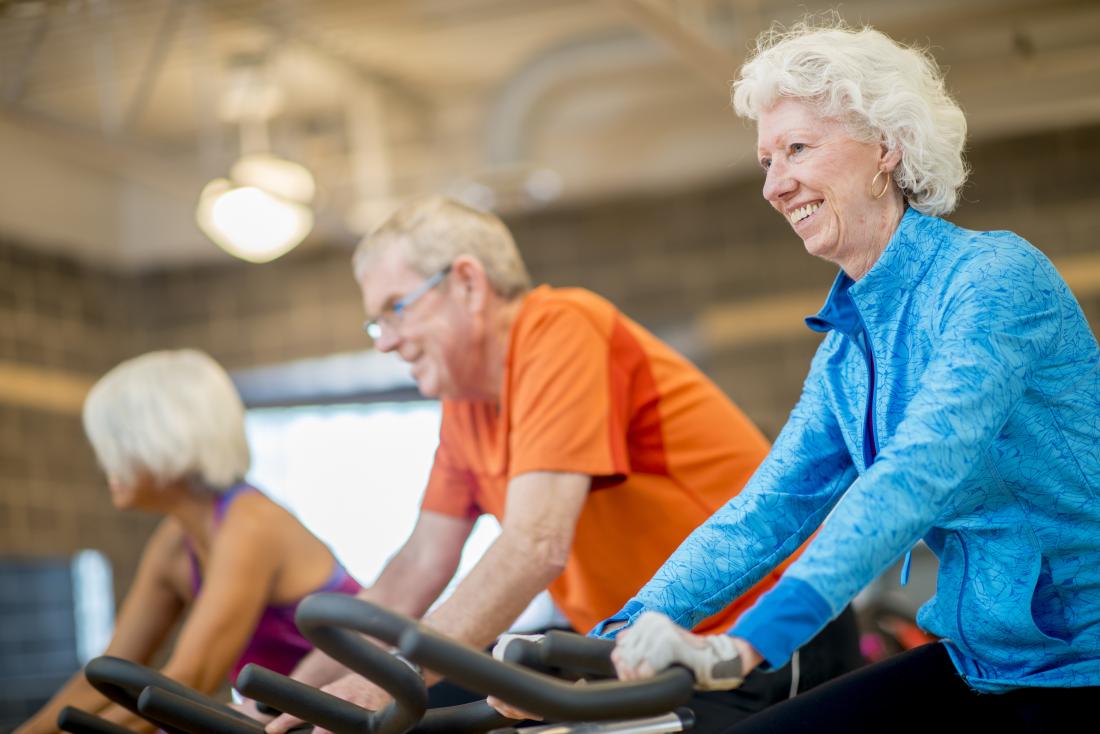Copyright © 2024 - Gearlabblog.com

A recent meta-analysis reveals that home-based exercise, such as aerobic, strength, or balance exercises, can significantly alleviate motor symptoms in people with Parkinson’s disease. This improvement, however, is only observed when patients exercise for at least eight weeks and complete a minimum of 30 sessions.
According to the study, published in BMC Geriatrics, home-based exercise shows moderate improvements in motor symptoms, quality of life, and functional performance for Parkinson’s patients. The research highlights the importance of a consistent exercise routine over an extended period.
Parkinson’s disease is characterized by the death of neurons that produce dopamine, a chemical crucial for controlling body movements. This leads to symptoms such as tremors, rigidity, and balance issues, increasing the risk of falls.
Exercise and physical activity are recognized non-pharmacological methods to manage Parkinson’s symptoms. The COVID-19 pandemic prompted the World Health Organization (WHO) to encourage home-based exercises to maintain physical activity. However, specific exercise types and doses were not detailed in the WHO recommendations.
Researchers in China conducted a meta-analysis of 20 clinical studies, including 1,885 participants with an average disease duration of 7.3 years. The exercise routines varied, involving aerobic exercises, balance and gait training, and combinations of different exercise types.
The analysis found that home-based exercise led to small but significant improvements in motor symptoms, quality of life, walking speed, and balance. Finger dexterity also improved, and patients experienced less fear of falling. Notably, a moderate improvement in motor symptoms was observed with an exercise duration of eight to 16 weeks, more than three sessions per week, and a total weekly exercise time of at least two hours.
The study suggests that home-based exercise is effective in relieving motor symptoms and enhancing the quality of life for Parkinson’s patients. For optimal results, the researchers recommend an exercise period of no less than eight weeks and at least 30 sessions.
References: